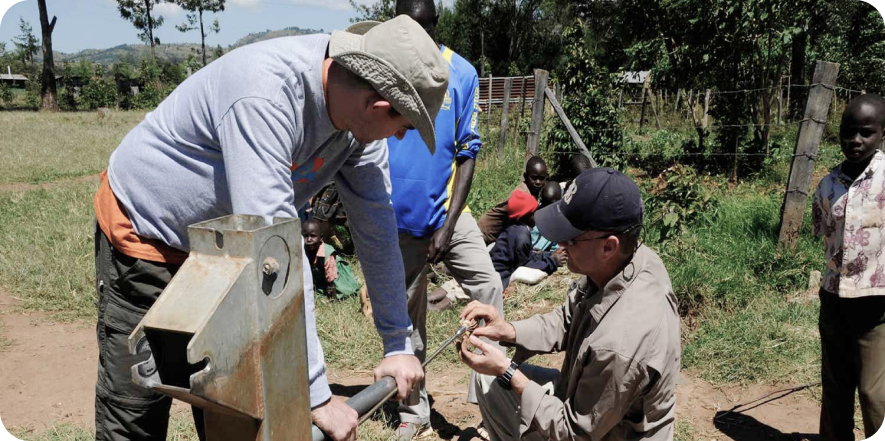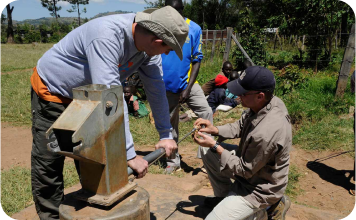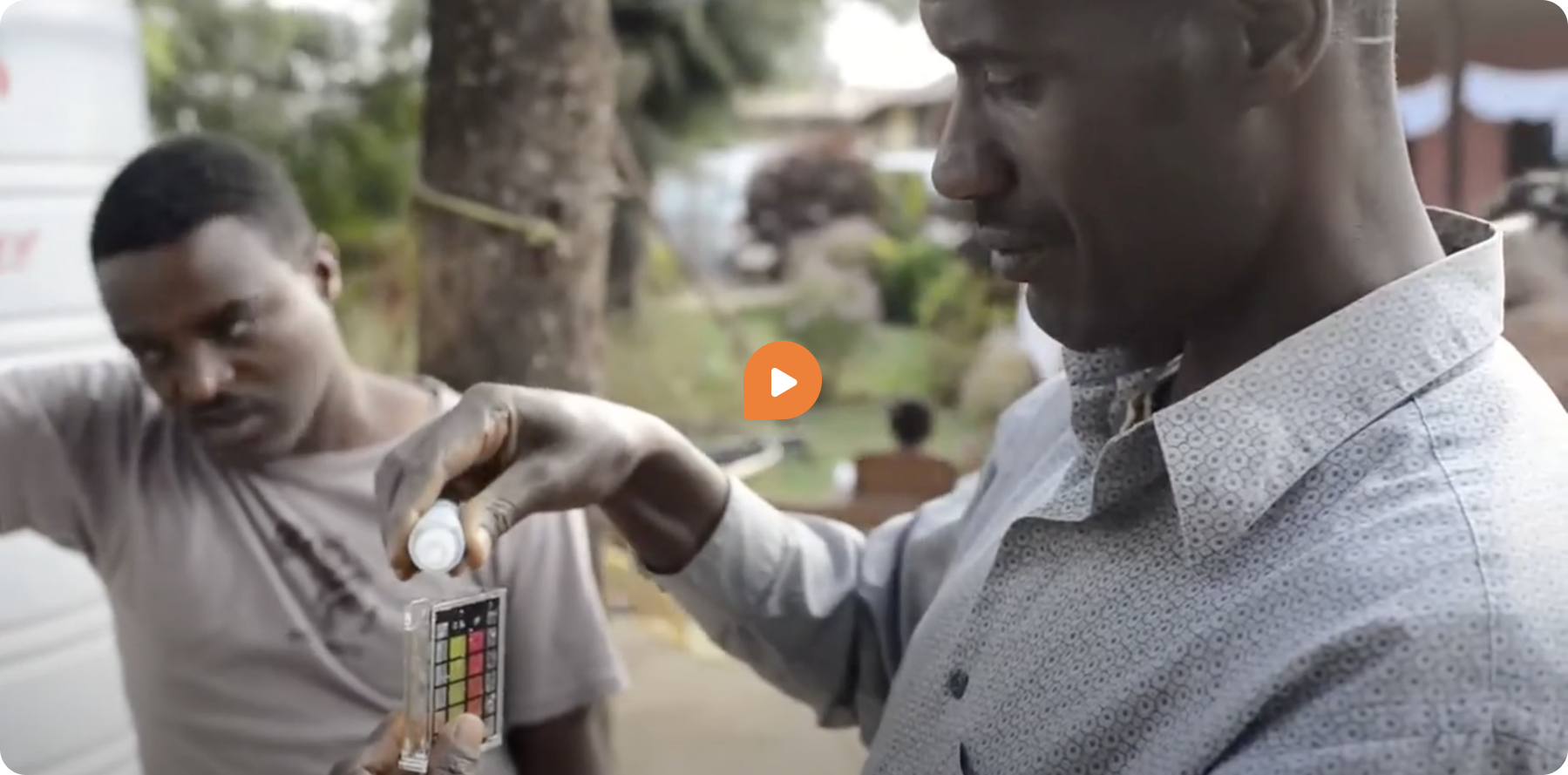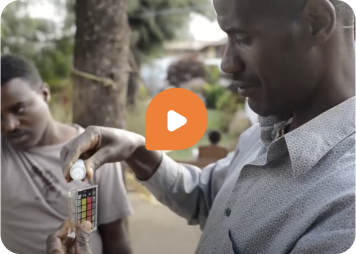Everyone Deserves Safe Water
It's the first step to health, prosperity and security


The World's
Greatest Challenge
Water is, indeed, one of the world's biggest challenges, as it is essential for life, health, social, environmental and economic well-being. Yet, it poses one of the greatest challenges of our time. Currently, 1 in 3 people globally do not have access to safe drinking water (World Health Organization, 2019). More than 1,000 children under the age of 5 die each day from illnesses caused by unsafe water, sanitation and hygiene (UNICEF, n.d.).

Vulnerability of Children
In the world's poorest countries, every 60 seconds a child dies from a diarrheal disease caused by unsafe water (UNICEF, n.d.).

Daily Struggle for Access
More than 200 million hours are spent each day collecting water, predominantly by women and children, often from polluted sources far from home (UNICEF, n.d.).

Health Risks from Unsafe Water
Diarrheal diseases, largely preventable through basic hygiene practices like hand washing, account for about 88% of deaths attributable to unsafe water and sanitation (World Health Organization, n.d.).
It all starts with Water
Health
Improved access to safe water means children live past the age of five, and the physical burden on women and girls is significantly reduced.
Education
With better health, children possess the energy and mental clarity to pursue education, setting the foundation for future success.
Economic Impact
Less time spent on water collection allows women to engage in productive activities, improving family income and community welfare.
The WHO estimates that every $1 invested in water and sanitation can yield as much as $34 in economic and social benefits (UN Department of Economic and Social Affairs, 2009)

